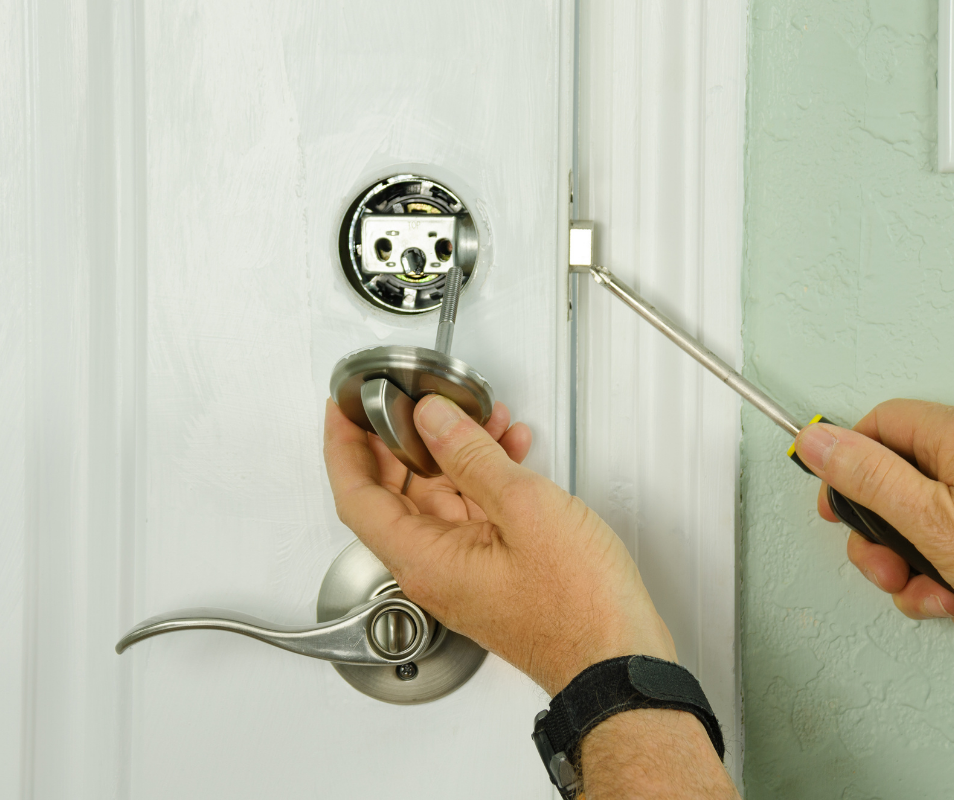In most cases when you need a locksmith, it’s under emergency circumstances—you’re locked out of your home or car, or you’ve been the victim of a break-in and need your home re-keyed immediately. In such circumstances, it’s understandable that many people grab their phone, quickly search for “emergency locksmith” and offer their business to the first person to answer their call.
But not so fast.
As tempting as it may be to accept the services of the first responder, it is important to know who you are hiring. Although most locksmiths are honest and professional, there are frauds out there who are happy to take advantage of you in a weak moment. Such unscrupulous practices are nothing new–7NEWS out of Brisbane ran this exposé on fake locksmiths a few years ago.
It’s important to watch for the following 5 red flags that can indicate you’re dealing with a locksmith scammer. Knowing what to look for can save you precious time and money.
1 – Their Ad seems too good to be true
Imagine scrolling through a list of locksmiths online only to see one offering services for a fraction of what the competition is charging. Though it may be tempting to go for the cheapest price, know that these bargain-basement prices are often misleading. Once the “locksmith” arrives, they’ll explain that your circumstances require a significantly higher fee.
Dishonest scammers posing as locksmiths may lure you into hiring them with an ad boasting a low price, unlock your door, then tell you after the fact that price is, in fact, exponentially higher than what the ad claimed.
Regardless of who you hire, once the locksmith arrives, always ask for a quote BEFORE any work begins.
2 – Their listing is vague
Legitimate companies usually don’t go by generic names like “locksmith services”. If someone answers your call with such a phrase, consider yourself warned.
Take the time to verify that the company does, in fact, have a physical address…and that the address listed belongs to their company.
3 – They show up with unprofessional trucks, equipment and/or employees
A quality locksmith will likely have a company vehicle with a professional logo emblazoned on the side. Likewise, employees should be in official company attire and using standard equipment.
If your “locksmith” arrives in an old t-shirt and shorts, carrying a box of tools that look as if they came straight from the garage, ask to see proof of licensing. Under Section 6 of the Private Security Regulations Act 2016, anyone who is employed to install, repair, service or maintain security equipment must be registered as a Security Equipment Installer. Before allowing anyone to work on your home or business, ask to see their Private Security License.
4 – They ask to drill your door lock
Licensed locksmiths are highly skilled and possess both the talent and tools needed to unlock almost any door. Rarely do they meet a lock that requires drilling to get through.
Scammers will leave you with a broken lock and an exorbitant bill when a licensed professional will simply re-key or replace your lock.
5 – They demand payment in cash only
If the person who arrives at your home says they cannot accept a credit card, they may be a scammer. Fake locksmiths avoid credit cards because they are easier to trace, and payments can be marked as fraudulent and refunded to the account owner.
Any reputable locksmith company should be able to take whatever payment method you prefer—cash, credit, or debit card.
One of the best things you can do for yourself and your family is to research reputable locksmiths before you need one. Talk to friends and family to find out which locksmith company they use and enter the number into your phone as one of your contacts. When the time comes and you need a locksmith stat, you’ll have peace of mind knowing you’ve already vetted the company.

